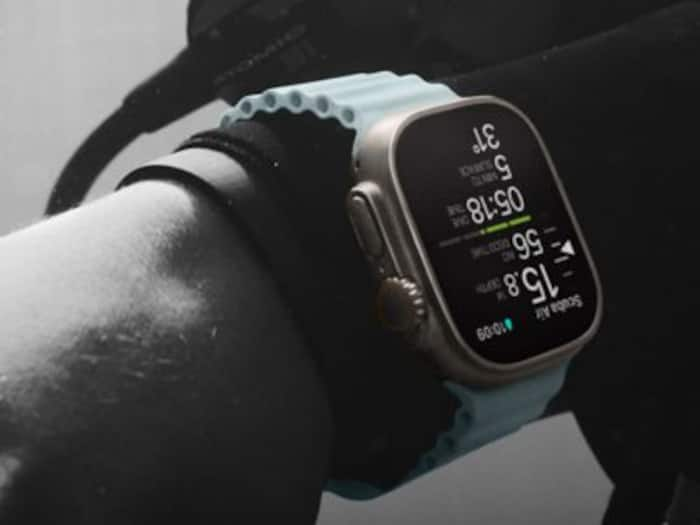
Written By Divya
Edited By: Divya | Published By: Divya | Published: Sep 20, 2025, 02:00 PM (IST)

Apple has been working on ways to identify health conditions beyond traditional methods, and its latest move adds a new feature to the Apple Watch. Starting with the Series 11 models, and also rolling out to Series 9 and newer, users will now receive notifications if the watch detects signs that they may have high blood pressure. Interestingly, this doesn’t involve a blood pressure cuff. Instead, Apple has used artificial intelligence to make sense of existing watch sensor data. Also Read: Apple Watch Series 11 Price Drops To Its Lowest On Flipkart Ahead Of Republic Day Sale! Save Rs 10,401 THIS Way
According to Sumbul Ahmad Desai, Apple’s vice president of health, the company analysed data from over 100,000 participants who joined its Heart and Movement study back in 2019. Using layers of machine learning, the AI system looked for patterns in the watch’s heart sensor data that could be linked to traditional blood pressure readings. The findings were then tested with a separate study of 2,000 participants, helping Apple validate its algorithm. Also Read: Apple Watch Blood Sugar Monitoring May Finally Be Within Reach
Apple noted that while its privacy-focused approach limits everyday access to user data, large-scale studies give meaningful insights. This method allowed Apple to shape a tool that could help users spot potential health risks early. Also Read: Samsung Galaxy Watch 8 Classic Review: A "Classic" That’s Living in the Future
The new feature has received approval from the U.S. Food and Drug Administration (FDA). However, it’s important to note that the watch does not measure blood pressure directly. Instead, it issues a notification that suggests users may have elevated blood pressure and advises them to confirm it with a traditional cuff and consult a doctor.
Apple plans to launch this feature in more than 150 countries. Experts like Ami Bhatt, chief innovation officer at the American College of Cardiology, see potential benefits in early detection, which could lower the risks of conditions such as heart attacks, strokes, and kidney disease. At the same time, Bhatt warns that users should not treat this as a replacement for medical testing. There’s also the possibility of “false reassurance,” where those who don’t get alerts may assume they don’t have hypertension.
High blood pressure affects over a billion people worldwide, with nearly half of them unaware of their condition. By blending AI with wearable technology, Apple is trying to bridge this gap, making health monitoring more accessible to everyday users.